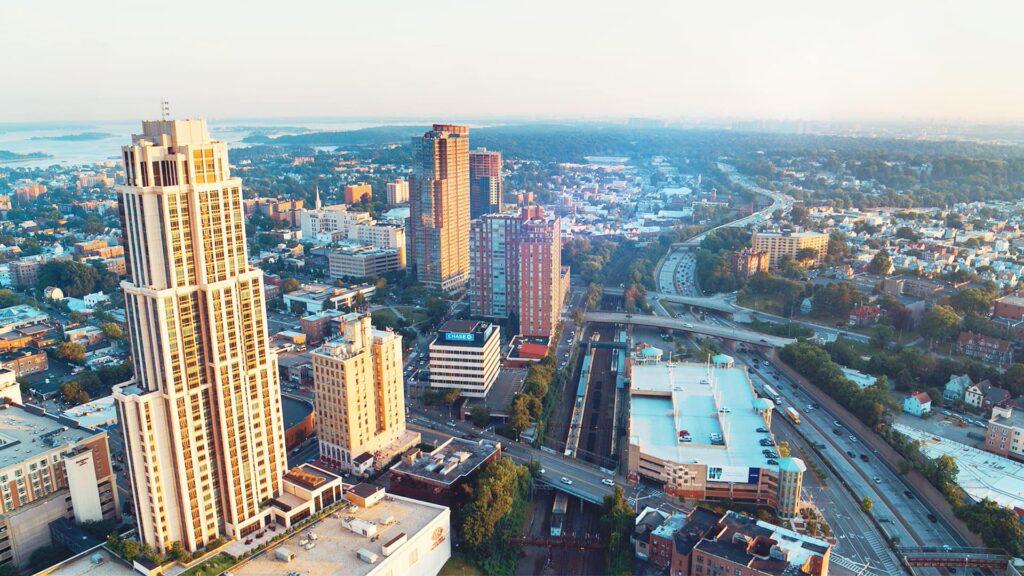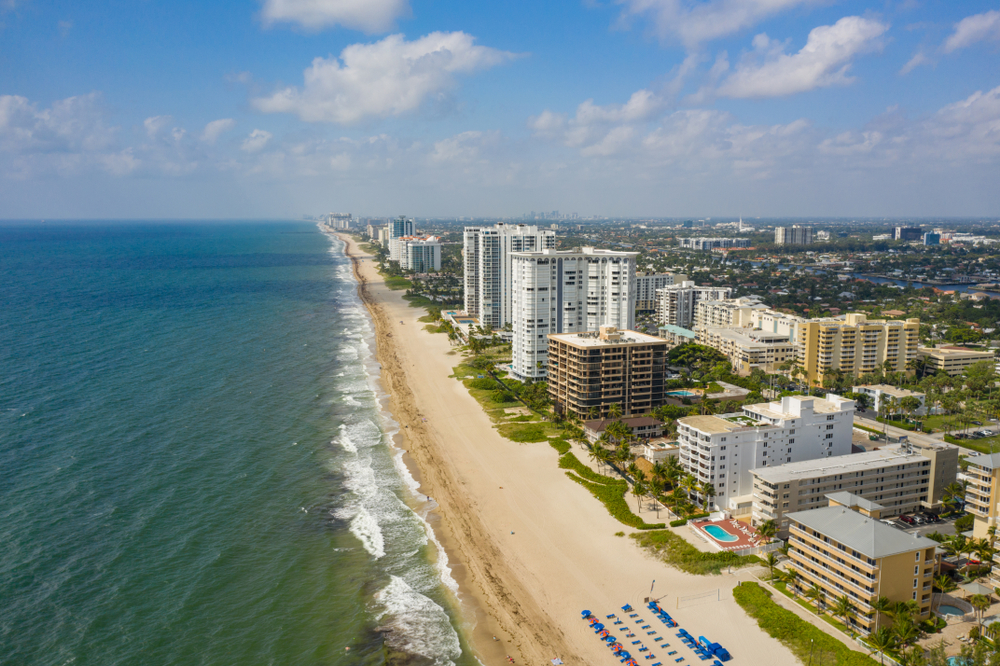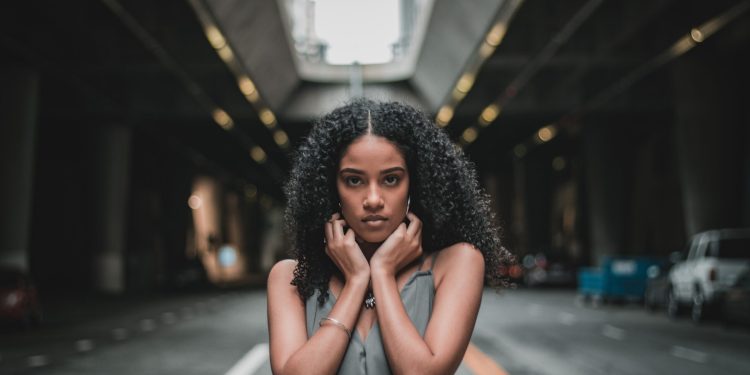It’s a beautiful time to be a black woman. We have Madame Vice President Kamala Harris, black women-owned businesses are starting to flourish, and black women are getting major roles in major companies. That said, not every region in the US is currently allowing black women to flourish.
Even though black women contribute an annual GDP of over $3.8 billion and own over 21% of every female-owned business in the country, they still face barriers. And because of gender and racial barriers, black women are going through more hurdles than most.
So, which cities are most welcoming for black women in business, and which ones should you avoid?
MoneyGeek, a website focused on personal finance and analytics, has made a list of the cities you should go to if you’re a black woman and the ones you should avoid.
To come up with this list, MoneyGeek looked at data from 200 cities (whose populations were above 65,000) on the cost of crime, income levels, poverty levels, homeownership, educational attainment, and health gaps.
They included each city’s Black population size and cost of crime to respectively show their Black community’s presence and safety.

The Best Cities
The research found that the best cities are:
- Southfield, Michigan
- New Rochelle, New York
- Missouri City, Texas
- Alexandria, Virginia
- Pembroke Pines, Florida
- Inglewood, California
- Fairfield, California
- Sandy Springs, Georgia
- Rancho Cucamonga, California
- Grand Prairie, Texas

Cities To Avoid
Meanwhile, the research found that the worst cities a black woman in the US can live in are:
- Corpus Christi, Texas
- Miami, Florida
- Gulfport, Mississippi
- Fort Lauderdale, Florida
- Pompano Beach, Florida
- Allentown, Pennsylvania
- Boynton Beach, Florida
- North Little Rock, Arkansas
- Kalamazoo, Michigan
- Abilene, Texas
What This Means
One interesting thing to note is that a lot of cities on both lists are located in the same state. This means that, if you live in one of the cities to avoid, you might just have to travel a short distance and suddenly realize that things are starting to work out well for your career.
Kalinda Ukanwa, an assistant professor of marketing within the Marshall School of Business, says that some of the distinct challenges black women face include access to health care, services tailored to African Americans, jobs, and higher pay.
For a place to be livable for a black woman, the communities and population need to be diverse. BIPOC women should also hold positions of power. Having black women in power can result in more equitable employment along with improved career opportunities. This can also lead to black women feeling comfortable networking and socializing.
If you feel empowered where you live, you don’t necessarily have to move. You have most of the factors you need to be successful, after all.
However, if you feel downtrodden in your town or city—or if you live in one of the cities we’ve mentioned you should avoid—it might be time to consider a fresh start. After all, chances are that you’ll be happier and more successful in one of the 10 recommended cities. And if things don’t work out, you can always come back.
In any case, wherever you choose to stay, two things you can do to help you succeed are to hold your employer accountable—if you’re employed, that is—and to join a job negotiation program.
These programs will empower you to fight for the benefits and pay that you clearly deserve.
It’s time for black women to earn what they deserve. Whether that means moving somewhere more hospitable or changing things where you are, it’s crucial to take steps towards your financial independence.
Comment below and let us know what cities you have lived in that helped you to meet your financial goals!








